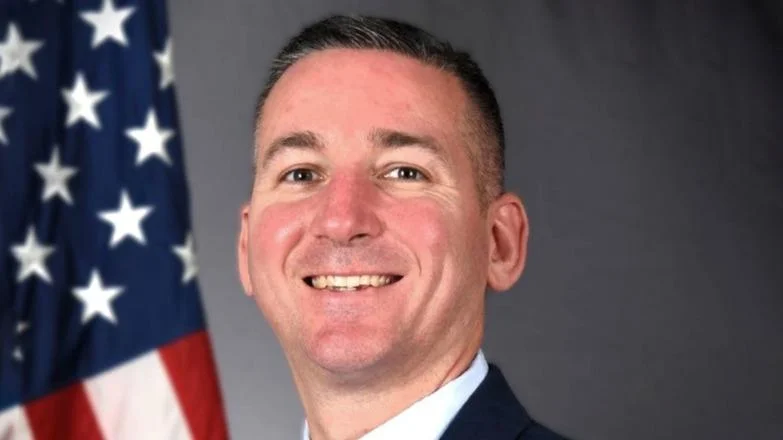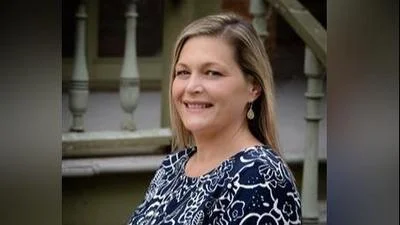Ben Franklin, Wisconsin State Representative for 88th District | www.facebook.com
Ben Franklin, Wisconsin State Representative for 88th District | www.facebook.com
According to the Wisconsin State Legislature's official website, the bill was described as follows: "camera monitor systems as an alternative to mirrors for commercial motor vehicles".
The following is our breakdown, based on the actual bill text, and may include interpretation to clarify its provisions.
In essence, this bill allows commercial motor vehicles in Wisconsin to be equipped with a camera monitor system as an alternative to traditional mirrors. This change aligns with the Federal Motor Carrier Safety Administration's exemption, which permits camera systems that meet specific approval standards and provide a view of the roadway to the rear and along both sides of the vehicle. By embracing advanced technology, the bill aims to enhance safety and potentially improve the aerodynamics and technology integration of commercial vehicles. The law, once enacted, would modify existing state statutes requiring mirrors for such vehicles, providing a modernized option for compliance.
The bill was co-authored by Senator Eric Wimberger (Republican-2nd District), Representative Calvin T. Callahan (Republican-35th District), Representative Rick Gundrum (Republican-58th District), Representative Nate L. Gustafson (Republican-55th District), and Representative Daniel Knodl (Republican-24th District). It was co-sponsored by Senator André Jacque (Republican-1st District), Senator Jesse L. James (Republican-23rd District), and Senator Steve L. Nass (Republican-11th District), along with eight other co-sponsors.
Benjamin Franklin has co-authored or authored another 45 bills since the beginning of the 2025 session, with none of them being enacted.
Franklin graduated from Trident University International in 2020 with a BA.
Franklin, a Republican, was elected to the Wisconsin State Assembly in 2025 to represent the state's 88th Assembly district, replacing previous state representative John Macco.
In Wisconsin, the legislative process starts when a senator, constituent, group, or agency proposes an idea for a bill. After drafting, the bill is introduced, numbered, and referred to a committee for review and public input. If approved, it moves through three readings and votes in both the Senate and Assembly. Once both chambers pass the same version, the bill goes to the governor, who can sign it, veto it, or let it become law without a signature. Only a small share of bills introduced each session ultimately become law. You can learn more about the Wisconsin legislative process here.
| Bill Number | Date Introduced | Short Description |
|---|---|---|
| AB271 | 05/19/2025 | Camera monitor systems as an alternative to mirrors for commercial motor vehicles |
| AB266 | 05/19/2025 | The fee for filing limited liability company articles of organization with the Department of Financial Institutions. (FE) |
| AB184 | 04/15/2025 | Coverage of individuals with preexisting conditions and benefit limits under health plans |
| AB176 | 04/15/2025 | Financial eligibility for the Alzheimer’s family and caregiver support program. (FE) |
| AB82 | 02/28/2025 | Exempting certain conveyances between grandparents and grandchildren from the real estate transfer fee. (FE) |
| AB74 | 02/28/2025 | Parental notification of alleged sexual misconduct by a school staff member. (FE) |
| AB17 | 02/06/2025 | Creating an employee ownership conversion costs tax credit, a deduction for capital gains from the transfer of a business to employee ownership, and an employee ownership education and outreach program. (FE) |
| AB6 | 02/04/2025 | Requiring a school board to spend at least 70 percent of its operating expenditures on direct classroom expenditures and annual pay increases for school administrators. (FE) |






 Alerts Sign-up
Alerts Sign-up